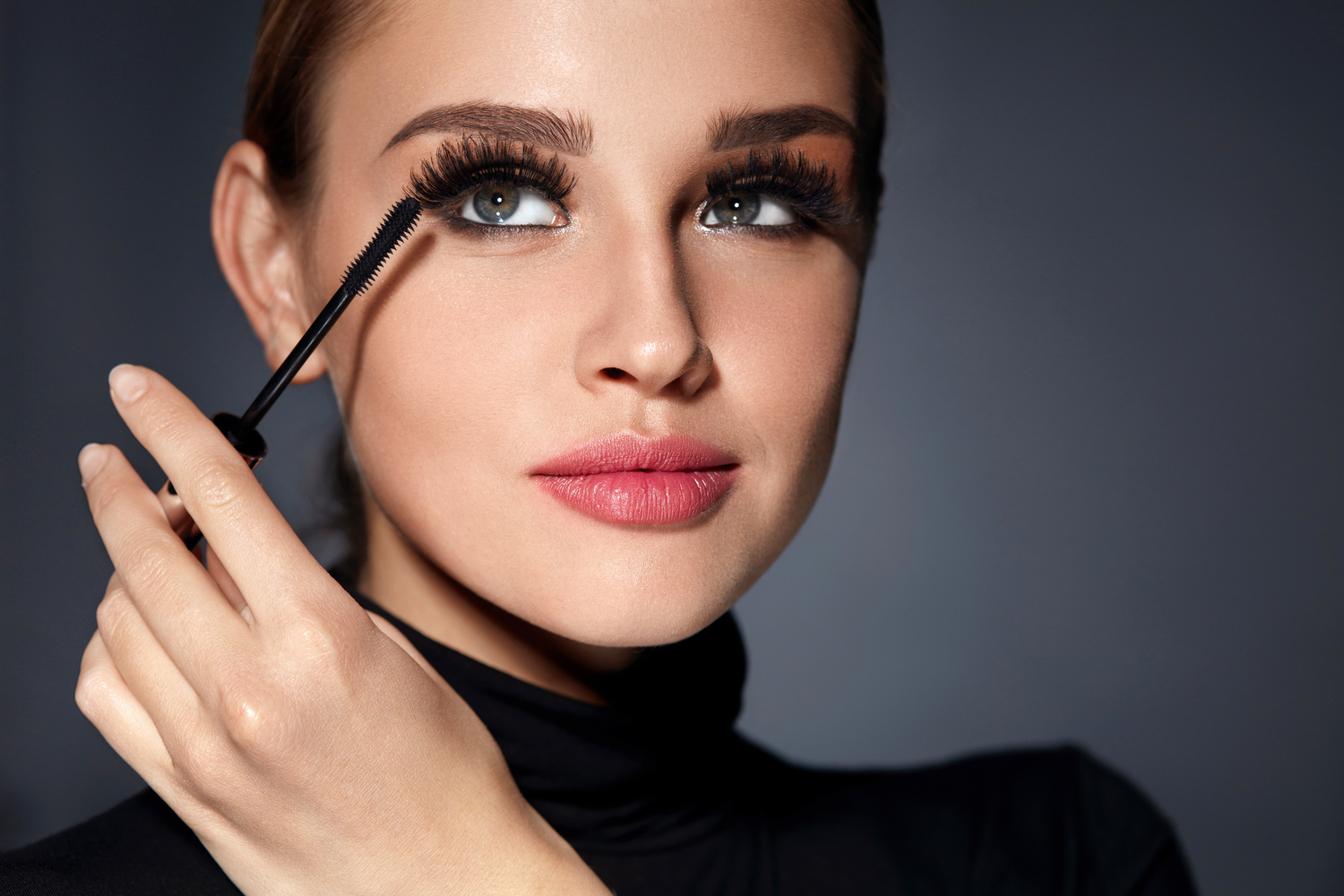Mascara FAQ’s For A First Time User
Mascara FAQs for a first-time user
An indispensable part of makeup, mascara is an essential addition in every woman’s make-up box. This eye makeup is used to thicken and add length to your eyelashes. Mascara is normally black in shade. However, beauty shops have a variety of colors to suit funkier tastes. Choosing a mascara may indeed be a daunting task for a first-time user. However, worry not. Read on for answers to some frequently asked questions on mascara as well as recommendations for some of the best mascara brands that suit different lash types.
What is mascara made up of?

A regular mascara contains a number of components, including the following:
- Iron oxide or carbon black pigments to darken the color of the lashes
- Polymer to have a coating over the lashes
- Preservatives to avoid smudging
- Oil or wax such as lanolin, beeswax, castor oil, and paraffin
Which type of mascara is best for a first-time user: cream, powder, or liquid?
- A first-time mascara user would do well with a liquid mascara, as this is the easiest to apply.
- A powder mascara gives the feeling of false lashes and needs to be mixed with water before use. This requires practice, and the hands of a professional are the ones equipped to get the best out of it.
What kind of a mascara is best suited for sensitive eyes?
- If you have sensitive eyes, the best mascara for you would be one that is organic and water-soluble in content.
- Ensure that you check the manufacturing date and the date of expiry on the pack before you buy a mascara. Makeup products that cause eye irritation are usually those that are being used post the expiry date.
How does the use of a disposable mascara brush help?
All mascara tubes come with a brush. So, it is normal to question the purchase and use of a separate, disposable mascara brush. Here are some benefits of using a disposable brush:
- These brushes are best to touch up mascara application.
- They may be used dry to separate eyelashes and remove messy clumps after the application of mascara.
- As the brushes are dry, they may soak up excess mascara and prevent leaking in case of heavy sweat.
- Some of the other uses of a disposable brush are to groom the eyebrows, touch up roots in hair color, exfoliate the lips, and they can also be used in nail art.
How can you use colorful mascara effectively?
- Using a colorful mascara may be tricky, especially if you do not want to end up looking like you are trying too hard.
- A simple trick to make colorful mascara look good is to match the shade with your nail polish or lip color.
- Another trick is to use regular black mascara and simply dot the tips of the eyelashes with a colorful mascara.
- Choose a colorful mascara shade that best compliments the shades you already have in your wardrobe.
Are there any possibilities of allergic reactions from using mascara for the first time? How can they be treated?
- Many mascara brands are manufactured with some compounds of mercury that are known to cause allergic reactions in sensitive eyes.
- First-time users may experience a stye or swollen eyelids.
- If the irritation continues, discontinue the use of mascara and seek a doctor’s advice.
- As a precautionary measure, never share mascara brushes because you may contract infectious eye diseases such as conjunctivitis from another person.
Are there any organic mascaras?
- There are many mascara brands that offer organic products, free from chemicals and toxins.
- These types are especially suitable for sensitive eyes.
- Some popular and best known organic mascara brands include W3LL Expressionist Mascara, Juice Beauty® PHYTO-PIGMENTS Mascara, RMS Defining Mascara, and Beautycounter Lengthening Mascara.
- Additionally, many of these brands also practice cruelty-free manufacturing as they do not test their products on animals.

